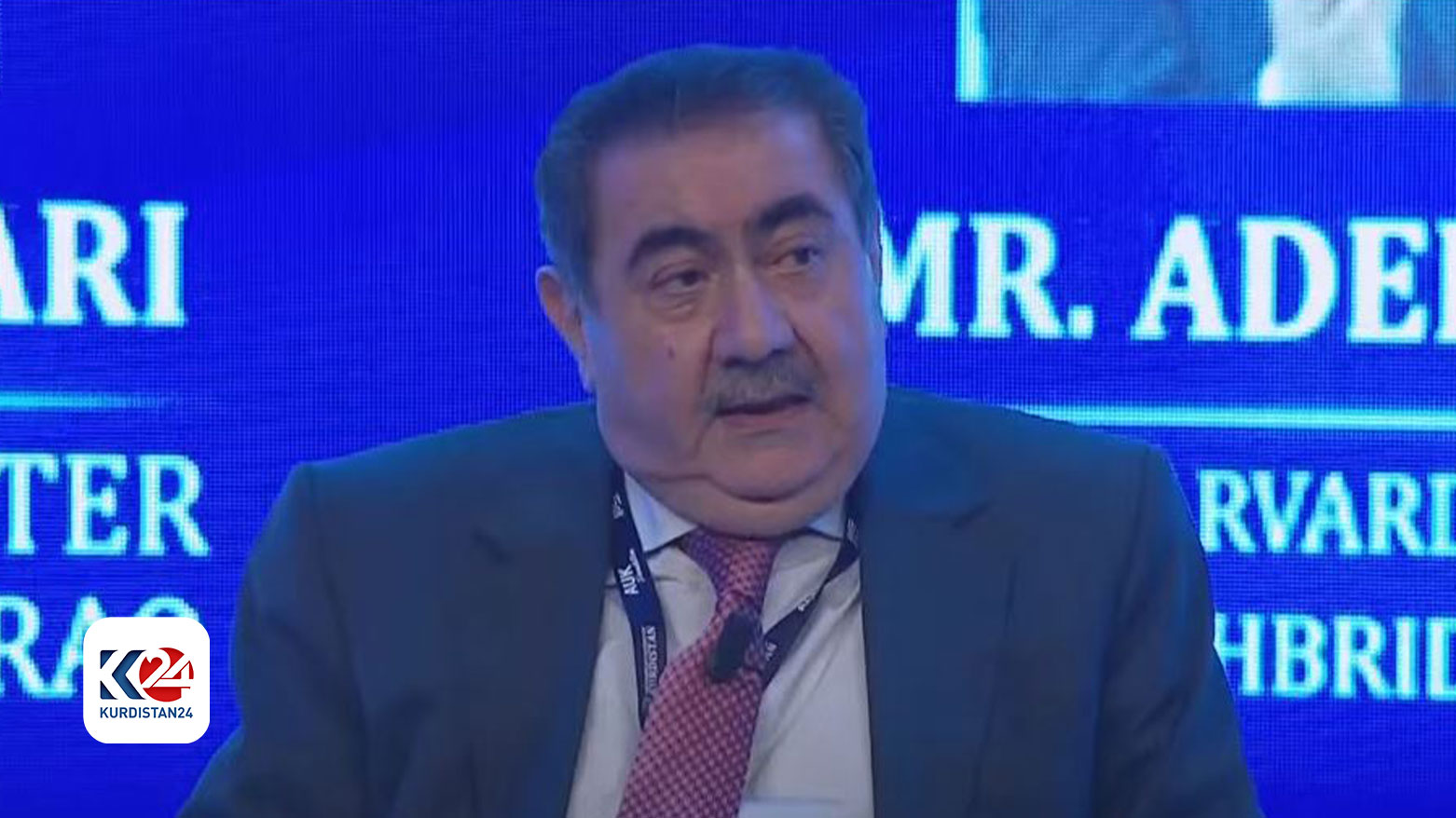Hoshyar Zebari highlights challenges, prospects for prosperity at MEPS24
“Iraq is not immune from this conflict,” he cautioned, pointing to the risks posed by non-state actors and potential Israeli retaliations against targets in Iraq.

Nov. 22, 2024
ERBIL (Kurdistan24) — Former Iraqi Foreign Minister and KDP Political Bureau Member Hoshyar Zebari delivered a detailed and candid analysis during the second session of the Middle East Peace Summit 2024 (MEPS24), titled "Building Prosperity: The Interplay Between Public Policy, Foreign Policy & Geoeconomics."
Addressing global and regional challenges, Zebari emphasized the preconditions for achieving prosperity in Iraq and the Kurdistan Region amid ongoing geopolitical tensions.
Global Challenges and Regional Implications
Zebari began by contextualizing the discussion within the framework of broader global developments, which he referred to as a “second cold war.”
Highlighting the wars in Ukraine and the Middle East, as well as tensions in Taiwan, he painted a sobering picture of international instability.
Zebari warned that the ongoing conflict in Gaza could escalate and spill over into neighboring countries, including Iraq.
“Iraq is not immune from this conflict,” he cautioned, pointing to the risks posed by non-state actors and potential Israeli retaliations against targets in Iraq. Despite efforts by Iraqi politicians to remain neutral, Zebari expressed concern over external forces dragging the country into regional conflicts.
Conditions for Prosperity
Zebari stressed that peace and security are fundamental prerequisites for prosperity.
“Unless there is security, unless there is peace, all other talks about development or prosperity or economic reforms would be a fantasy,” he said.
He praised the Kurdistan Region’s recent elections as a successful democratic exercise and urged swift government formation to capitalize on this progress.
Obstacles to Economic Reform
Drawing on his extensive experience as Iraq's longest-serving foreign minister and former finance minister, Zebari identified three primary impediments to economic reform:
1. Corruption: Widespread corruption has reached unprecedented levels, making governance and reform efforts exceedingly difficult.
2. Justice System: A lack of an independent and fair judiciary undermines trust and discourages investment.
3. Modern Financial Systems: Iraq lacks a modernized banking and financial infrastructure necessary for economic growth and diversification.
Zebari acknowledged efforts by Prime Minister Mohammed Shia al-Sudani’s government to address these issues, including attempts to digitalize financial transactions and reduce reliance on oil revenues.
However, he emphasized the need for actionable measures, stating, “Action speaks louder than words.”
Economic Realities and Future Prospects
Zebari also pointed out the volatility of Iraq’s oil-dependent economy, cautioning that fluctuating oil prices could jeopardize the government’s ability to meet public payroll obligations.
He called for fiscal discipline, economic diversification, and targeted reforms to ensure sustainable development.
In concluding his remarks, Zebari reaffirmed his belief in the eventual triumph of peace and democracy despite current challenges, adding, “The forces of peace and democracy are going to win this confrontation. It is a matter of time.”
The session underscored the interconnectedness of governance, security, and economic stability as Iraq and the Kurdistan Region navigate their paths toward long-term prosperity.